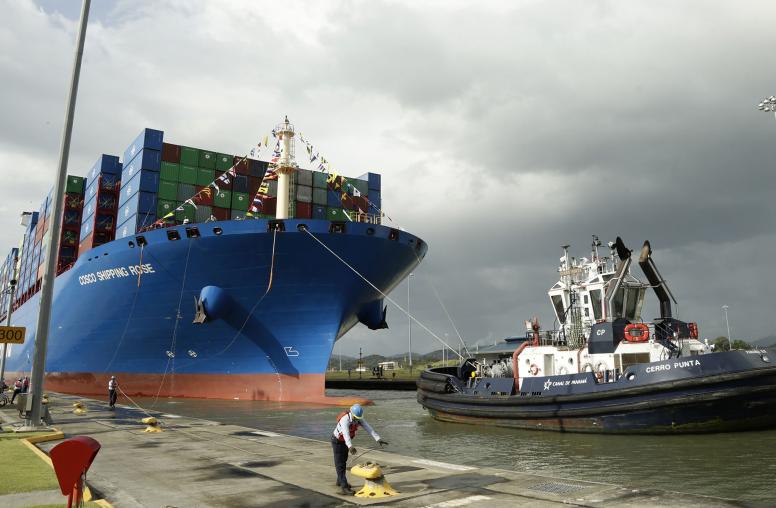Truth Commission: Ecuador 96
Truth Commission: Truth and Justice Commission
Duration: 1996 - 1997
Charter: Ministerial Accord No. 012
Commissioners: 7
Report: No report issued
Truth Commission: Truth and Justice Commission (Comisión de Verdad y Justicia)
Dates of Operation: September 1996 - February 1997 (operated for only 5 of its 12-month mandate).
Background: Ecuador returned from military to presidential rule in 1979, but a pattern of human rights abuses continued. The political situation was volatile, and Ecuador had six presidents between 1979 and 1996. Paramilitary groups outside the control of civilian authorities conducted repressive security operations with impunity. Ecuadorian landowners allegedly funded many of the paramilitary groups in an effort to eliminate resistance from farmers angered about stricter land regulations. Many violations of human rights took place under the pretext of eliminating outbreaks of guerrilla activity.
On September 17, 1996, the Ministry of Government and Police established a Truth and Justice Commission to investigate at least 176 cases of human rights abuses in Ecuador over the past seventeen years. After the Congress removed President Abdalá Bucaram from office in February 1997 in response to accusations of corruption and lack of popularity, the Truth and Justice Commission could not be sustained.
Charter: Ministerial Accord No. 012, September 17, 1996, Ministry of Interior and Police
Mandate: The Truth and Justice Commission’s mandate was to investigate and establish the truth about human rights violations that took place between 1979 and 1996, submit evidence to the judiciary, and provide reparations to the victims.
Commissioners and Structure: The commission was composed of seven commissioners: four Ecuadorian and three international.
Report: A report was never published due to the premature end of the commission's work.
Findings:
Conclusions
- The commission did not issue an official report because it disbanded in February 1997 without having completed its work. Nevertheless, it collected information on about 300 cases and located unmarked graves of a number of victims.
Subsequent Developments:
Reforms
- In May 2007, the Ecuadorian government announced plans for a new truth commission. This new commission, Truth Commission to Impede Impunity, was set up by President Rafael Correa Delgado to investigate, clarify, and impede impunity with respect to human rights abuses perpetrated between 1984 and 1988 and other periods.
Sources:
Center for the Study of Violence and Reconciliation. "Justice in Perspective - Truth and Justice Commission, South America - Ecuador." Center for the Study of Violence and Reconciliation. Available at http://www.justiceinperspective.org.za/index.php?option=com_content&task=view&id=79&Itemid=111 (accessed June 9, 2008).
Curbelo, Nelsa. Comisión Verdad y Justicia De Ecuador. Ko'Aga Roñe'Eta, 1999. Available at http://www.derechos.org/koaga/xi/2/curbelo.html (accessed June 9, 2008).
Hayner, Priscilla B. Unspeakable Truths: Facing the Challenge of Truth Commissions. New York: Routledge, 2002.
Hibbitts, Bernard. "Ecuador Launches Truth Commission to Investigate Past Rights Abuses." Jurist, May 6, 2007, 2007. (accessed June 9, 2008).
Interamerican Commission on Human Rights. Report on the Situation of Human Rights in Ecuador 1997. Available at http://www.cidh.org/countryrep/ecuador-eng/index%20-%20ecuador.htm (accessed July 1, 2008).
Report on the Situation of Human Rights in Ecuador 1997. Available at http://www.cidh.org/countryrep/ecuador-eng/index%20-%20ecuador.htm (accessed July 1, 2008).


